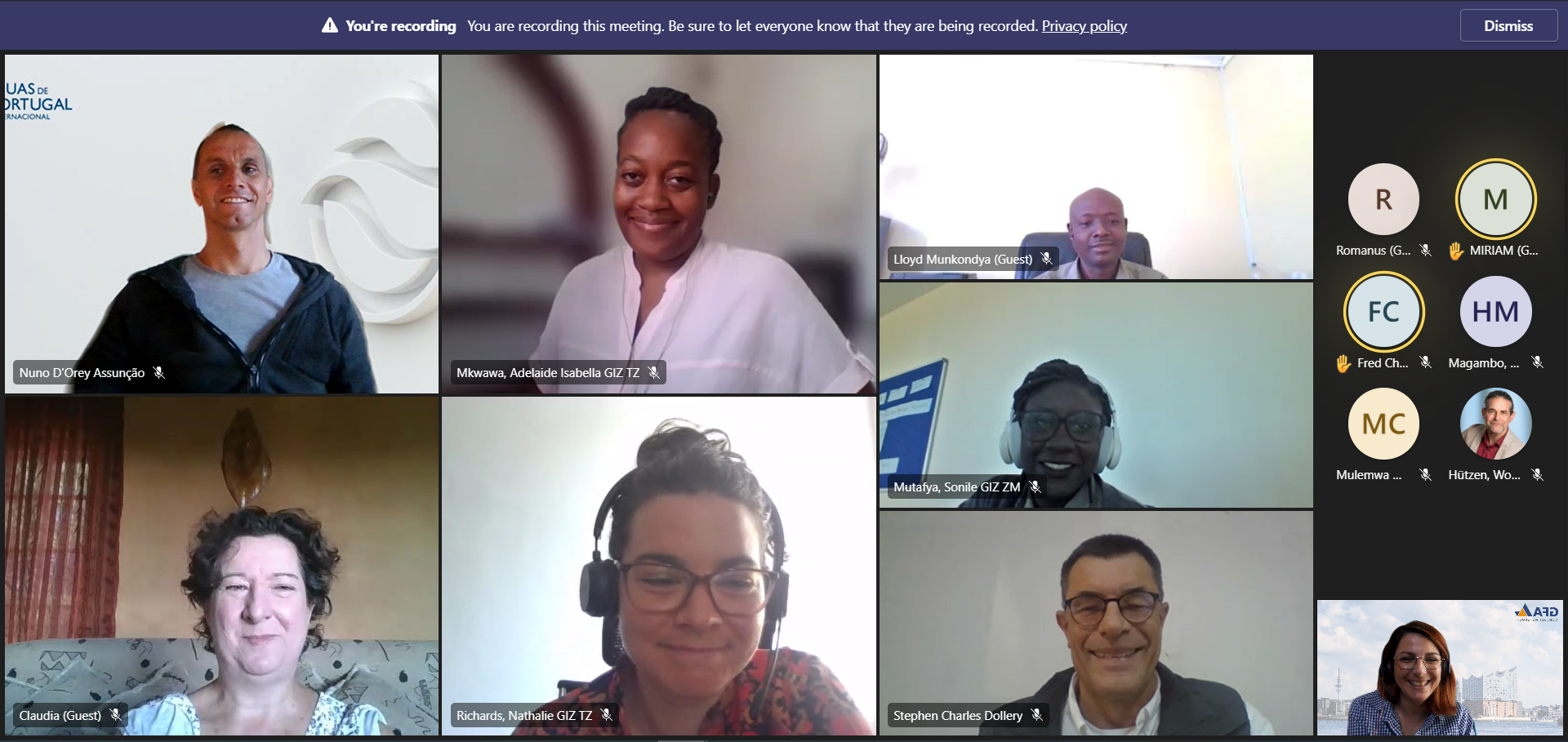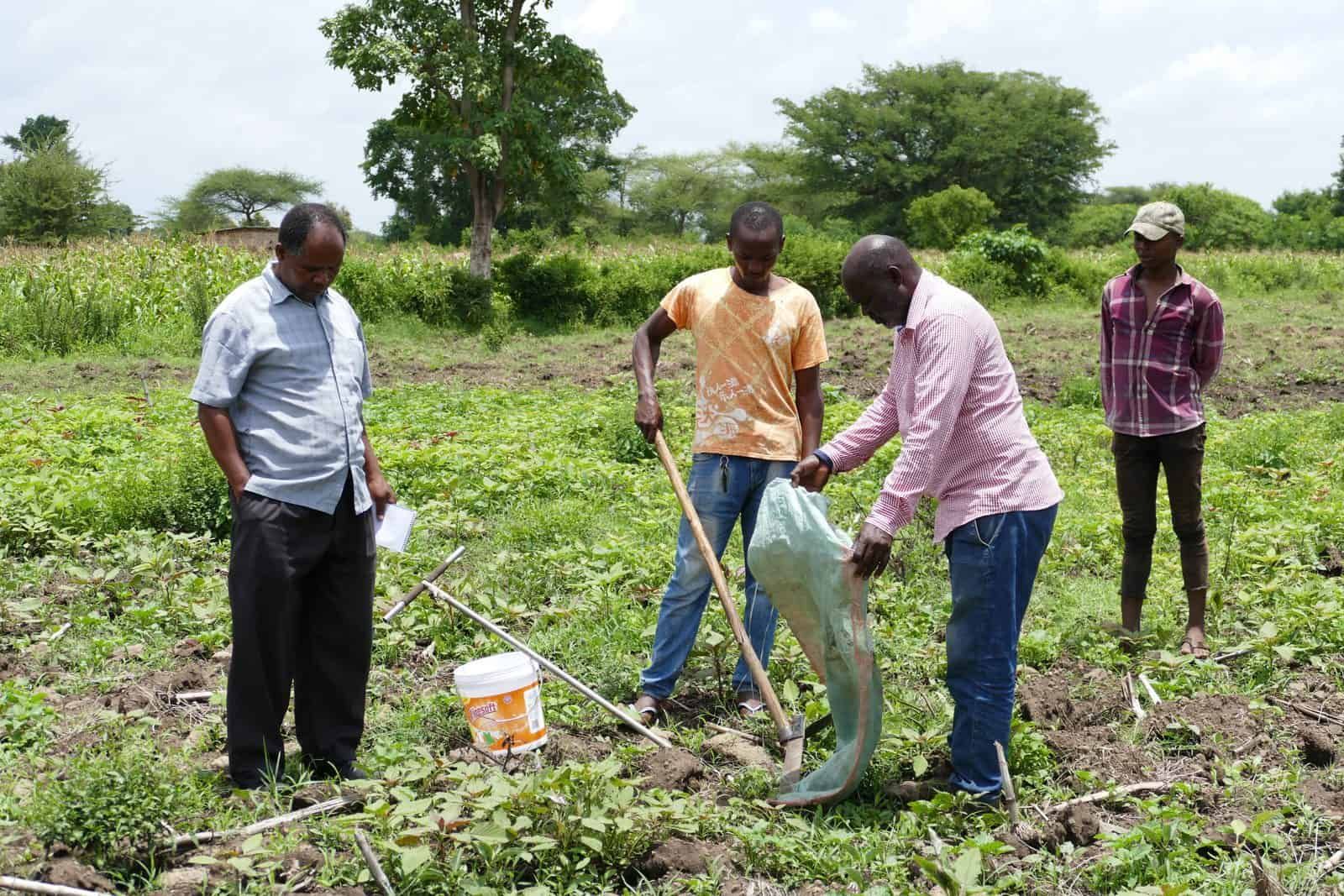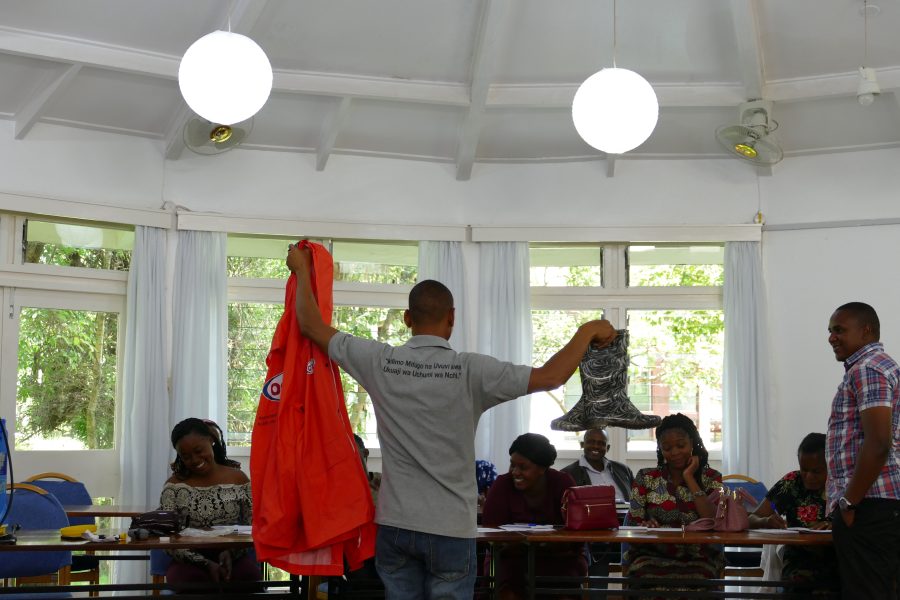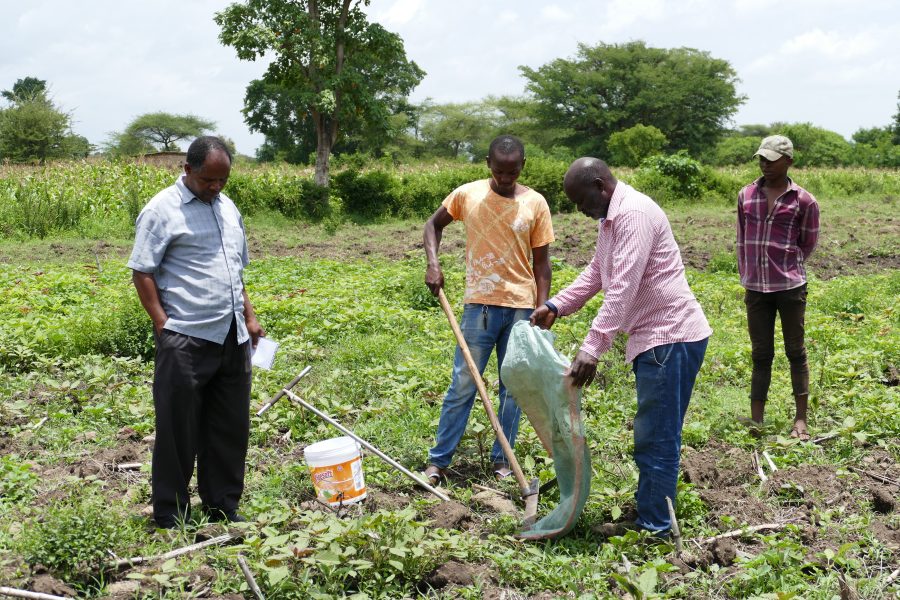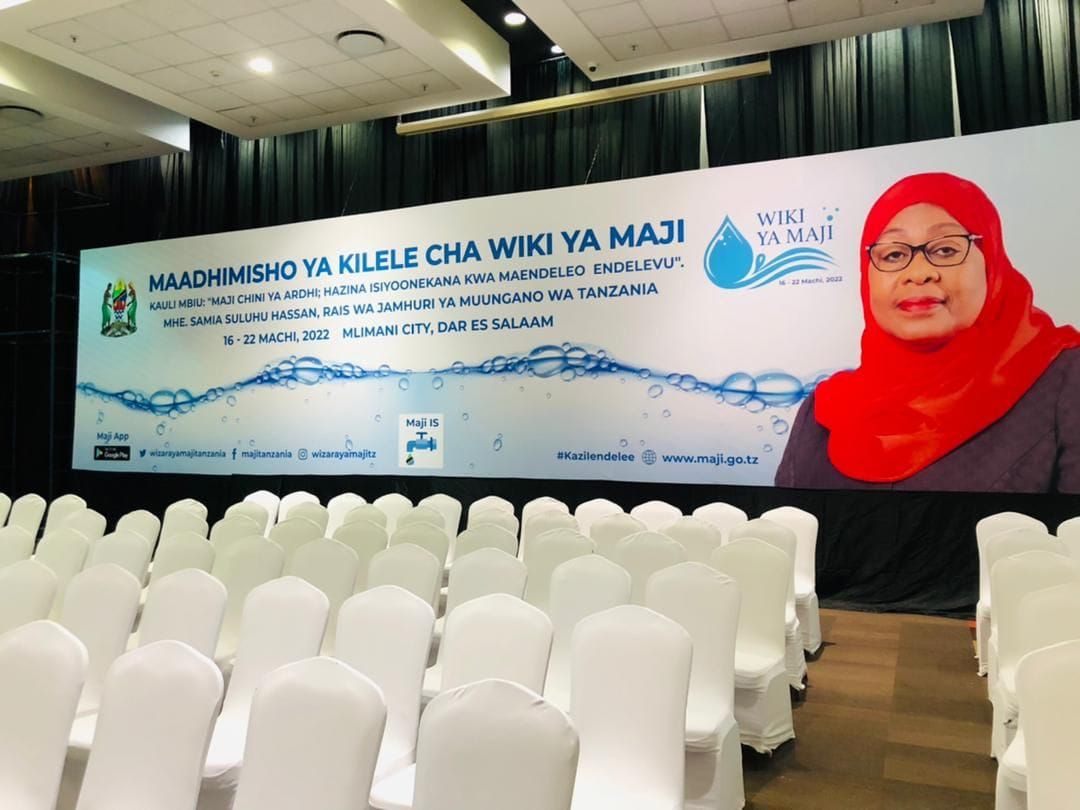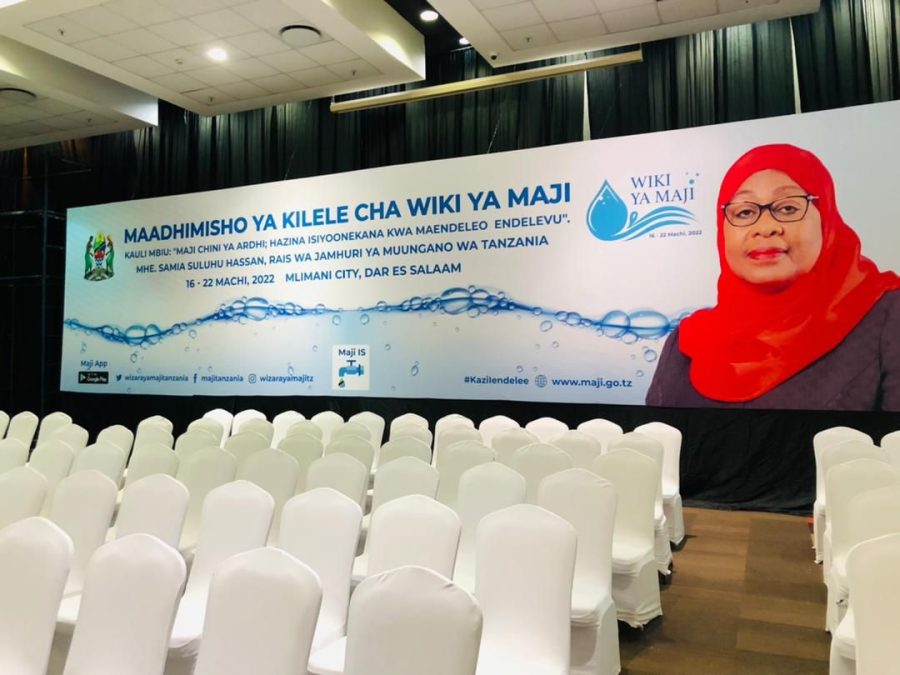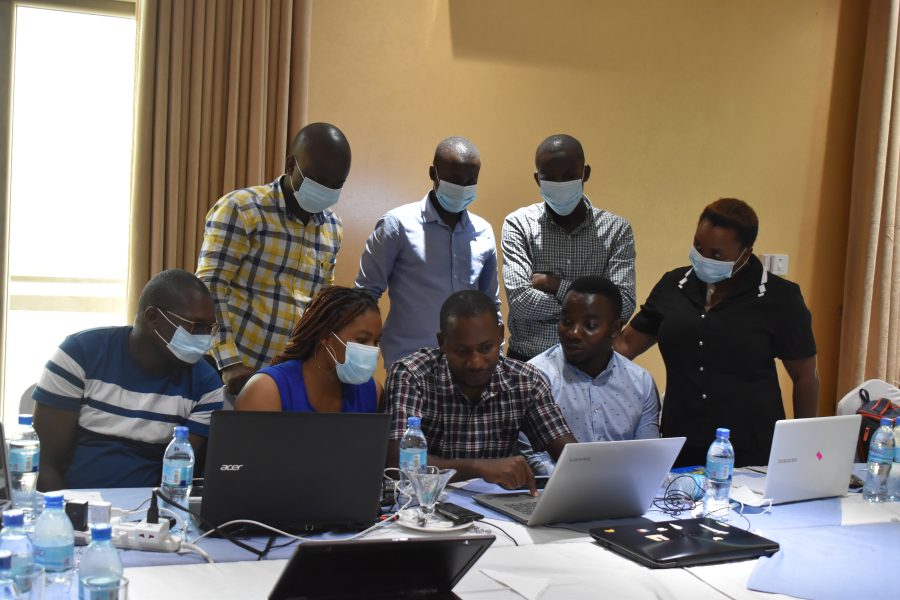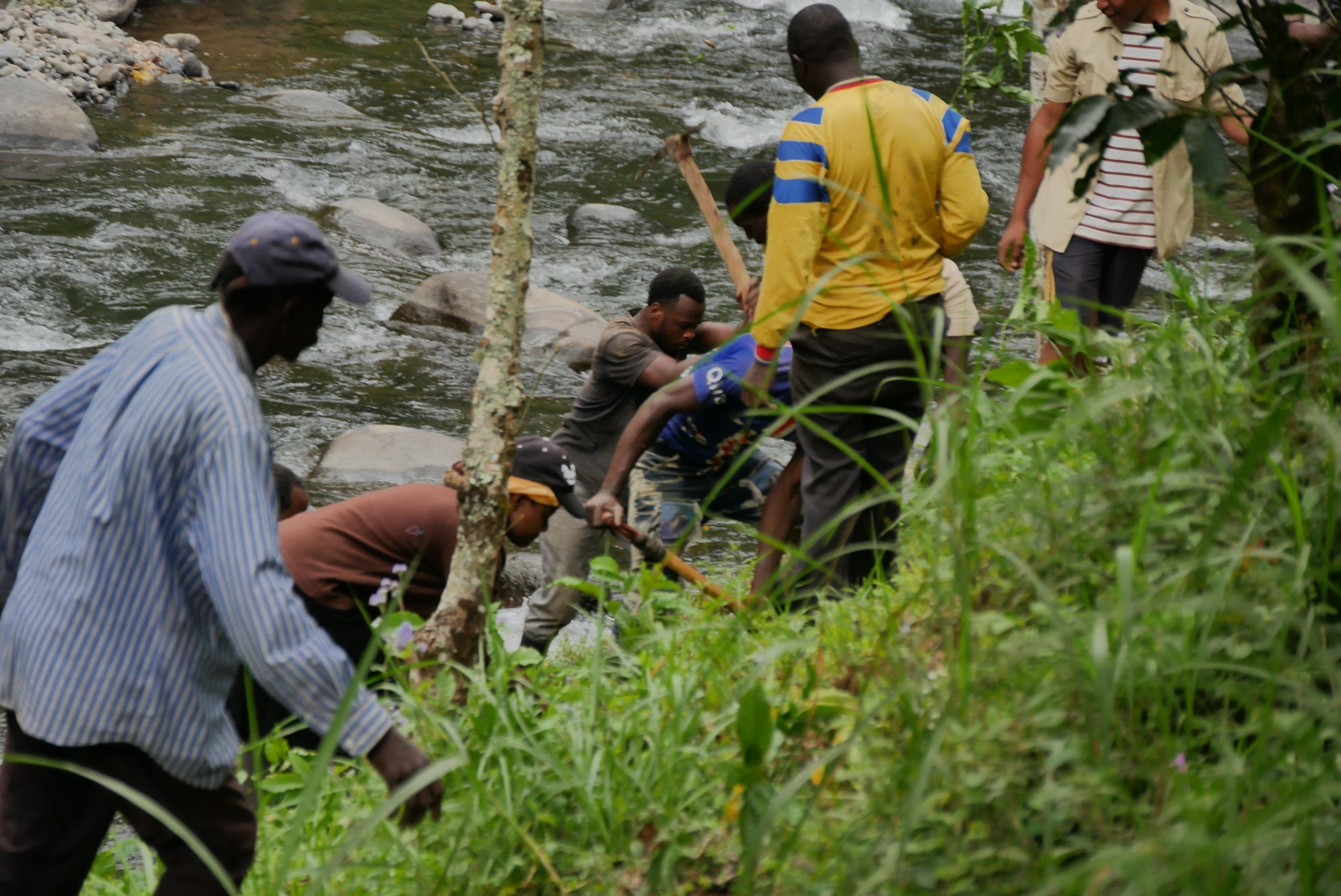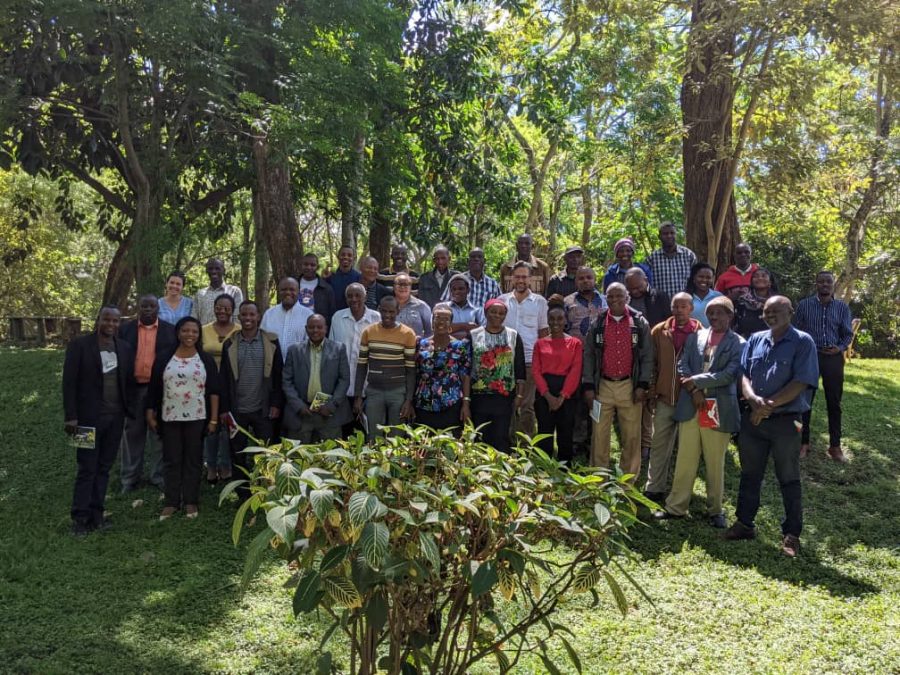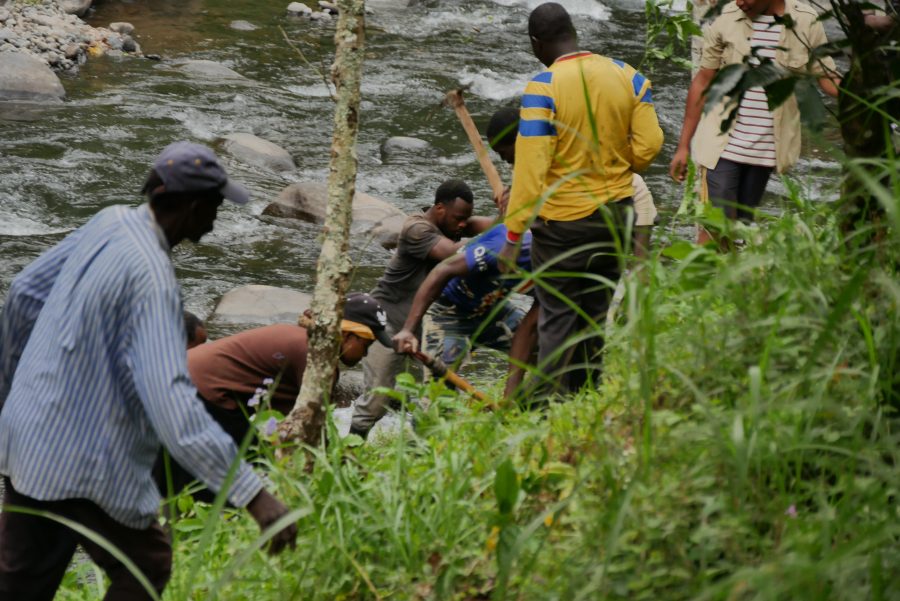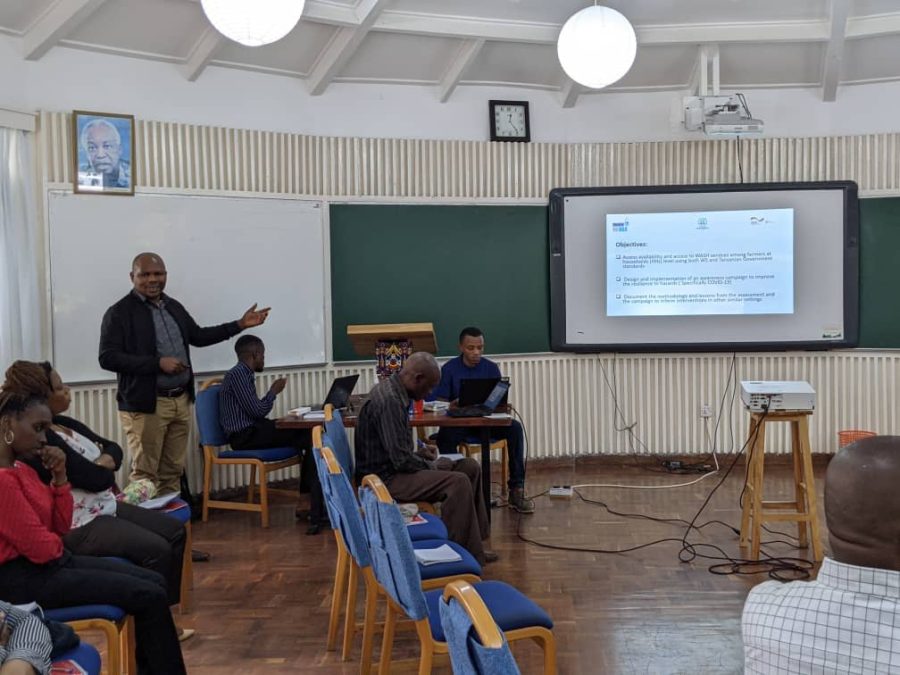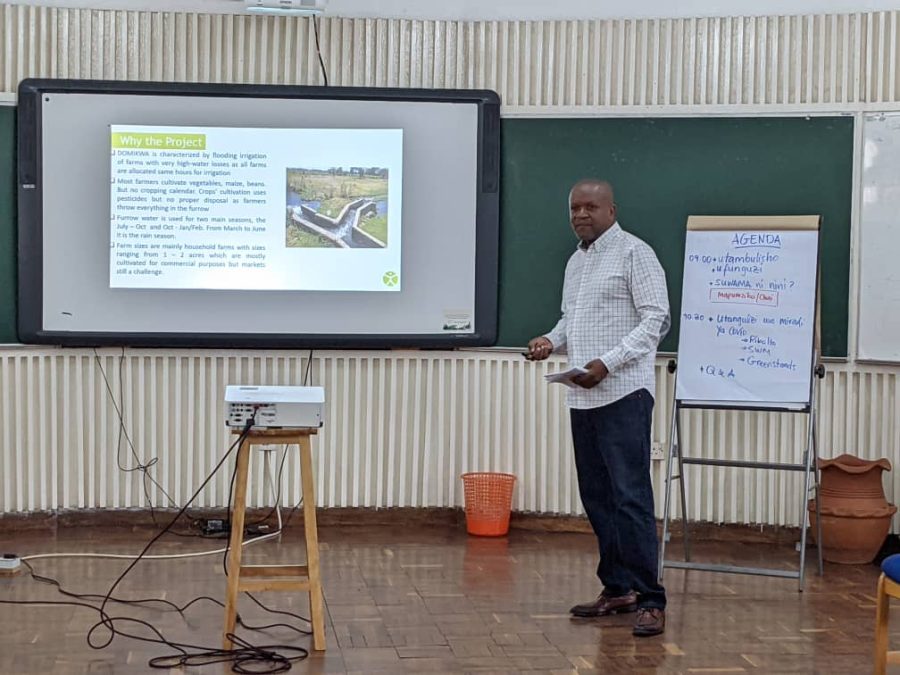Intercountry Learning on Industrial Wastewater Management between Tanzania and Zambia
The often inadequate disposal of industrial wastewater into public sewers deteriorates sewer structures, increases maintenance costs, adds problems in sewage treatment and contributes to stream pollution. Direct discharge into streams harms aquatic life and deems the water unfit for its intended use by both communities and businesses. Therefore, it is necessary to reduce the volumes and levels of toxicity of wastes entering waterways through a combination of measures.
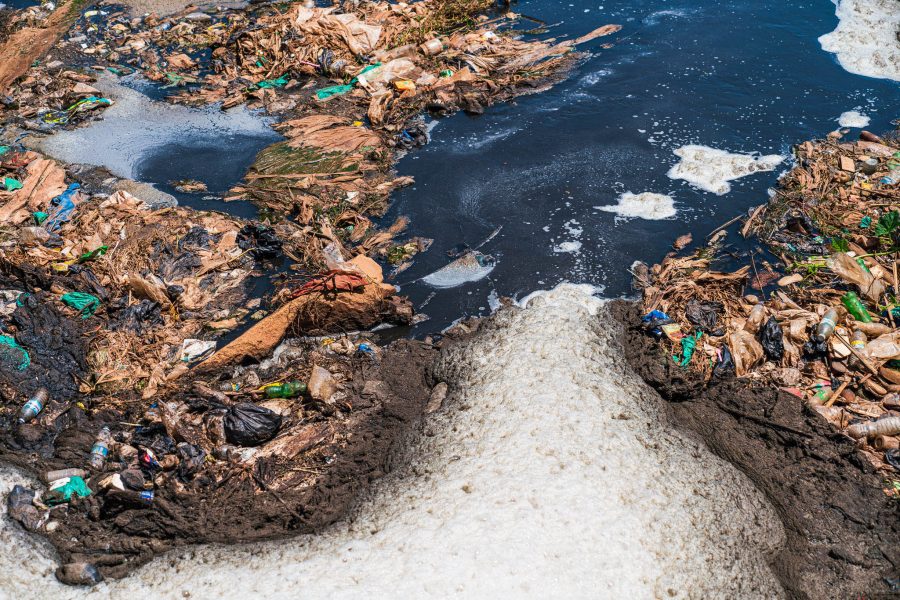
Challenges resulting from poor Industrial Wastewater Management
In Zambia, like in many other countries, issues around industrial wastewater (IWW) management are given less priority than those related to water supply. This is oblivious to the fact that both water supply and IWW management are essential and interrelated. Wastewater from industries and sewage spillages from burst pipes in most urban centres, including Zambia’s capital Lusaka, are released into streams and wetlands. From there, they subsequently discharge into catchment areas or leach into aquifers upon which communities and businesses are heavily dependent on for water supply. Most of the poorly managed wastewater from industries is released into the environment in an untreated or partially treated state. Also, most industries have adopted substandard treatment methods that partially treat and, in some cases, even forego the effluent treatment process in totality. Therefore, industrial wastewater management becomes critical. As such, an effective IWW strategy is necessary to promote and improve IWW management and determine priorities pertaining to the enforcement of applicable legislation, monitoring, and engagement with industries.
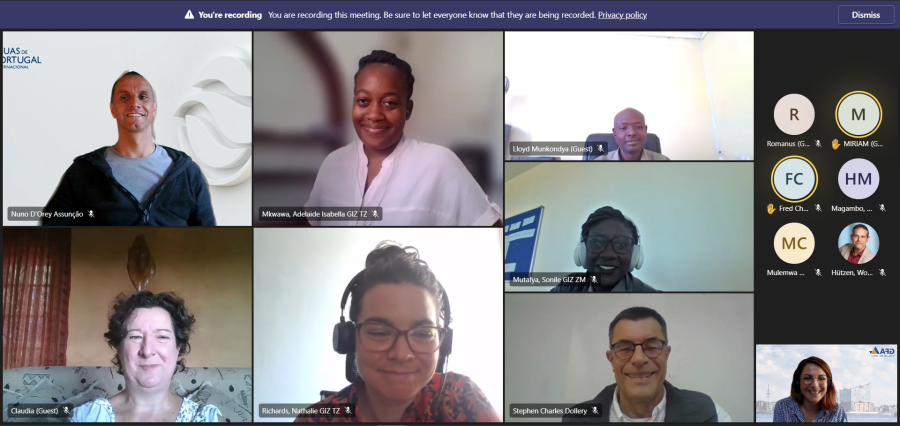
To effectively do this, an intercountry learning exchange was coordinated by the GIZ Reform of the Water Sector Programme Phase II (RWS II) active in Zambia and the GFA Consulting Group with support from NatuReS Tanzania and Zambia. The objective was for the Tanzanian partners of NatuReS to share best practices, challenges and effective innovations in managing industrial wastewater with their Zambian counterparts. Case presentations were made by Eng. Miriam Esanju from the Wami Ruvu Basin Water Board (WRBWB) from Tanzania and Fred Chimpukutu, Senior Chemist at the Lusaka Water Supply and Sanitation Company (LWSC) from Zambia, triggering insightful exchange of experiences and success factors that could help with challenges such as environmental pollution, faced across both countries.
Industrial Wastewater Management in Tanzania: Challenges and Solutions
In Tanzania, industrialization is one of the key strategic objectives within the National Development Framework. However, with the expansion of water-intensive production, treating the increasing amounts of wastewater poses major environmental and regulatory challenges, such as the complex process of obtaining official permits for the appropriate disposal of wastewater. As multiple regulating agencies are involved in this process, industries are required to obtain various types of permits. This resulted in complex and lengthy processes to safely dispose of wastewater. The untreated wastewater discharge does not only have negative impacts on the ecosystem and the health of communities using the water, but also on foreign investment, as international investors increasingly value environmental compliance. Therefore, NatuReS under the Partnership with the Tanzania Export Processing Zones Authority has supported the development of industrial wastewater guidelines, as well as the integration of digital water management systems for a more efficient permit regulation.
Industrial Wastewater Management in Tanzania: Stakeholder Interviews
Industrial Wastewater Management in Zambia: Way Forward
A Trade Effluent Management (TEM) Task Team has been established in Lusaka with stakeholders from the mandated and responsible authorities led by LWSC as well as industries located in Lusaka. The TEM seeks to coordinate the mobilization and use of human, financial, and other relevant resources for the implementation of industrial wastewater management activities for the city of Lusaka. The task team also seeks to support the coordination of the regulation, monitoring, enforcement and management of the trade effluent discharge into the sewerage system.
The shared lessons from Tanzania have the potential to inform current activities in Zambia and could be adapted by LWSC to ensure the effective treatment and management of industrial wastewater effluent. These lessons also aimed to improve LWSC’s monitoring of industrial wastewater and the safeguarding of the two new wastewater treatment plants to be constructed through the Lusaka Sanitation Programme with support from KFW and EIB, as well as technical assistance from RWS II.
Authors: Sonile Mutafya, NatuReS Advisor Zambia, Adelaide Mkwawa, NatuReS Junior Advisor Tanzania
